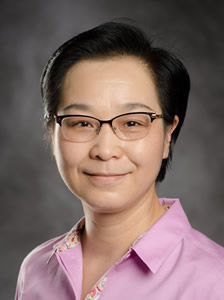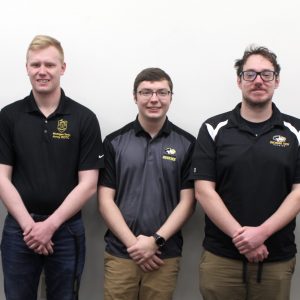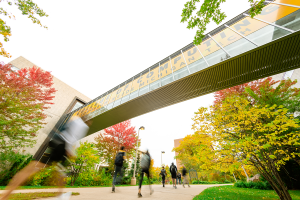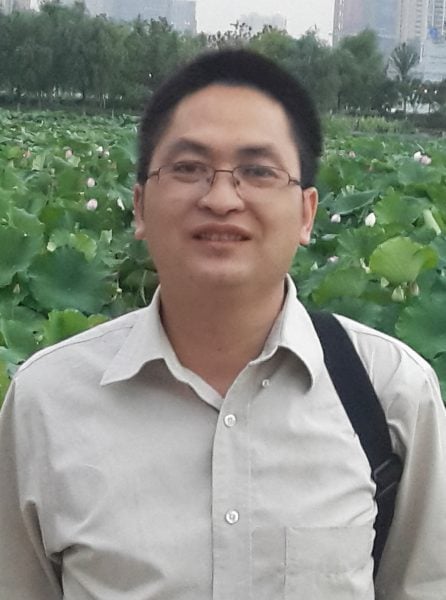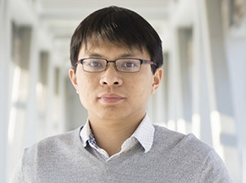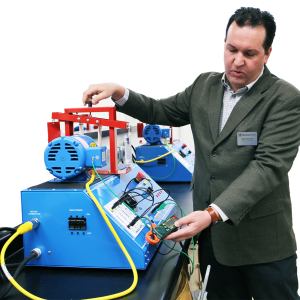
A paper co-authored by Assistant Professor Nathir Rawashdeh (DataS, Applied Computing) on Skin Cancer Image Feature Extraction, has been published this month in the EurAsian Journal of BioSciences.
View the open access article, “Visual feature extraction from dermoscopic colour images for classification of melanocytic skin lesions,” here.
Additional authors are Walid Al-Zyoud, Athar Abu Helou, and Eslam AlQasem, all with the Department of Biomedical Engineering, German Jordanian University, Amman, Jordan.
Citation: Al-Zyoud, Walid et al. “Visual feature extraction from dermoscopic colour images for classification of melanocytic skin lesions”. Eurasian Journal of Biosciences, vol. 14, no. 1, 2020, pp. 1299-1307.
Rawashdeh’s interests include unmanned ground vehicles, electromobility, robotics, image analysis, and color science. He is a senior member of the IEEE.







